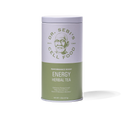Fasting has been practiced for thousands of years. From ancient spiritual traditions to modern wellness trends, the idea of abstaining from food has always carried the promise of renewal. Today, fasting is more popular than ever—often marketed as a way to lose weight or improve focus. But fasting is not just a health fad. When practiced in alignment with nature, it can be a profound tool for healing.
Dr. Sebi consistently emphasized the importance of fasting, not as a temporary diet but as a way to cleanse the body of mucus, toxins, and waste. He taught that when digestion rests, the body can focus its energy on repair, restoration, and balance. Alongside intermittent fasting, he also promoted herbal compounds—using alkaline teas, infusions, and tonics to assist the body’s natural detoxification process.
This article explores the science and philosophy of fasting, the different methods (intermittent and herbal), and how to approach it in a way that supports true healing.
Why Fasting Matters
Eating consumes an enormous amount of the body’s energy. Every meal requires the digestive system to break down food, absorb nutrients, and eliminate waste. When we eat processed or mucus-forming foods, the workload multiplies, leaving little energy for the body’s natural healing functions.
Fasting gives the body time to:
-
Detoxify: Eliminate accumulated waste and mucus.
-
Reset metabolism: Improve insulin sensitivity and energy regulation.
-
Rejuvenate cells: Trigger autophagy, the body’s self-cleaning mechanism.
-
Restore balance: Reconnect body and mind through discipline and clarity.
For Dr. Sebi, fasting was a way of letting the body’s own intelligence take over. By stepping aside, we allow nature to cleanse and heal us.
The Science of Fasting
Modern research confirms many of the benefits Dr. Sebi taught decades ago:
-
Autophagy: During fasting, cells recycle damaged components, reducing the risk of chronic disease.
-
Reduced Inflammation: Fasting lowers inflammatory markers in the blood, supporting immunity.
-
Improved Brain Function: Fasting increases production of brain-derived neurotrophic factor (BDNF), which enhances memory and focus.
-
Hormonal Balance: Periods without food improve insulin sensitivity and regulate hunger hormones.
-
Digestive Rest: The gut repairs itself during fasting, reducing bloating and discomfort.
Intermittent Fasting Explained
Intermittent Fasting (IF) is the practice of cycling between periods of eating and fasting. Unlike traditional fasting, it doesn’t necessarily restrict what you eat, but when you eat.
Common Approaches
-
16/8 Method: Fasting for 16 hours and eating during an 8-hour window.
-
24-Hour Fast: Abstaining from food for one full day, once or twice per week.
-
Alternate-Day Fasting: Eating one day, fasting the next.
Benefits of Intermittent Fasting
-
Promotes weight balance without calorie counting.
-
Reduces cravings and stabilizes blood sugar.
-
Encourages natural detox and repair.
For those new to fasting, the 16/8 method is often the most approachable, as it eases you into the practice.
Herbal Fasting Explained
Dr. Sebi emphasized herbal fasting as a way to accelerate cleansing while still supporting the body with minerals. Rather than consuming nothing at all, herbal fasting involves drinking alkaline teas, infusions, or tonics throughout the fasting period.
Herbs That Support Fasting (from Nutritional Guide)
-
Burdock Root: Blood purifier, supports the liver and kidneys.
-
Elderberry: Strengthens immunity while cleansing.
-
Chamomile: Calms the nervous system and digestion.
-
Ginger: Stimulates circulation, reduces inflammation.
-
Muicle: Helps purify the blood and support circulation
-
Tila (Linden Flower): Promotes relaxation and detoxification.
These herbs help the body release mucus and toxins, while supplying minerals that keep energy stable.
How Herbal Fasting Works
-
Morning: Begin with warm burdock or ginger tea to stimulate cleansing.
-
Midday: Drink elderberry tea to strengthen immunity and provide antioxidants.
-
Evening: Chamomile or tila tea to relax the body and promote overnight detox.
-
Hydration: Drink plenty of spring water throughout the day.
Herbal fasting can be done for 24 hours or extended over several days, depending on the body’s condition and comfort level.
Signs That Fasting Is Working
-
Clearer skin
-
Reduced bloating
-
More energy and focus
-
Better digestion after breaking the fast
-
Lightness in body and mind
Temporary detox symptoms such as headaches or fatigue may appear early on, especially if the body is heavily burdened with waste. These usually pass as cleansing deepens.
Who Should Be Careful with Fasting
While fasting is powerful, it’s not for everyone. Caution is advised for:
-
Pregnant or breastfeeding women.
-
Children (gentle herbal teas are safe, but not strict fasting).
-
People with serious chronic conditions without medical supervision.
-
Those with a history of eating disorders.
FAQs
Q: Can I drink water during fasting?
A: Yes. Spring water is essential. Hydration supports detox and prevents fatigue.
Q: Will I lose too much weight?
A: Fasting tends to normalize weight. Underweight individuals should focus more on herbal fasting than prolonged dry fasting.
Q: How often should I fast?
A: Dr. Sebi often suggested seasonal fasts or weekly intermittent fasting. The key is consistency, not extremes.
Q: What should I eat to break a fast?
A: Always start with light, alkaline foods like seeded fruit, salads, or smoothies. Avoid heavy starches or oils immediately after fasting.
Dr. Sebi’s Perspective
For Dr. Sebi, fasting was not just about health but about alignment with nature. He taught that disease is caused by mucus buildup and toxins, and fasting is the way to cleanse them. Herbs are allies in this process, bringing the minerals needed for true healing.
"When you fast, the body goes into maintenance mode, self-healing." - Dr. Sebi
He saw fasting as both a physical and spiritual practice—a way to discipline the appetite, clear the mind, and reconnect with life’s natural rhythm.
Conclusion
Fasting is more than a wellness trend. Done with care, it is one of the most powerful tools for detoxification, rejuvenation, and healing. Intermittent fasting provides structure for modern life, while herbal fasting infuses the process with minerals and plant wisdom.
Whether practiced weekly, seasonally, or during times of imbalance, fasting gives the body what it craves most: rest and renewal. When paired with alkaline foods and herbs, fasting becomes not deprivation but liberation—a pathway to the body’s original state of balance.

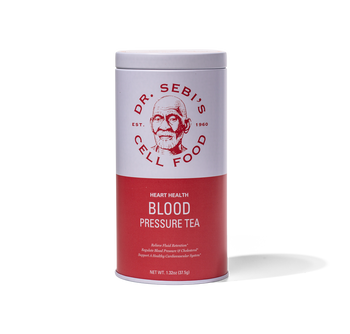
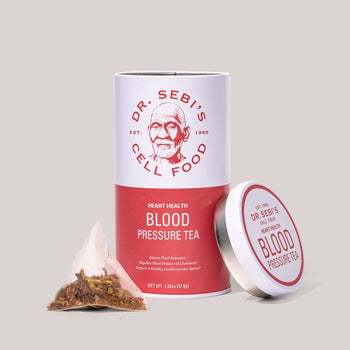
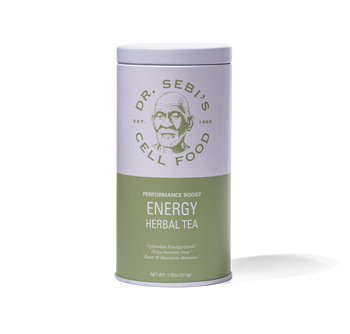
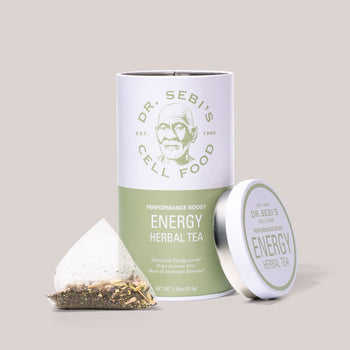
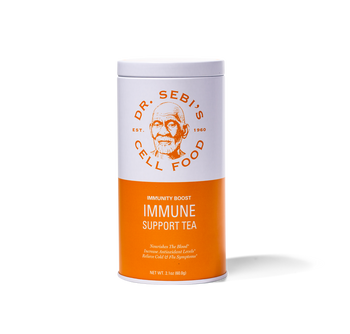
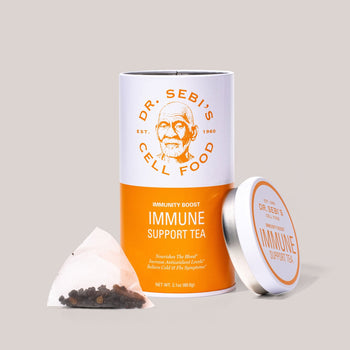
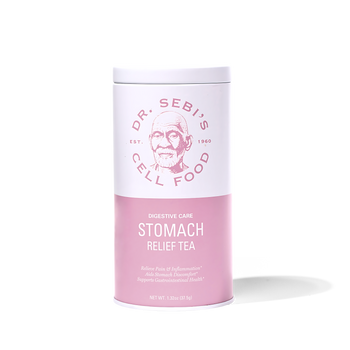
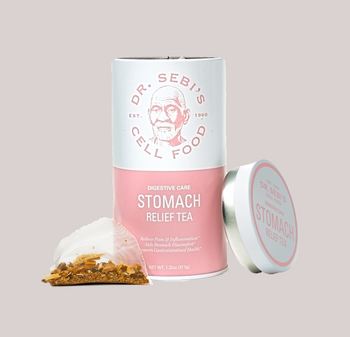
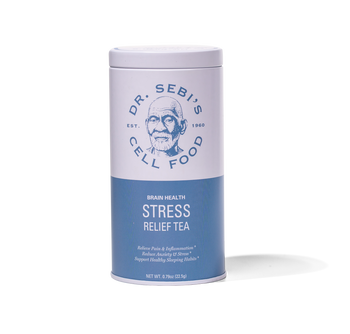

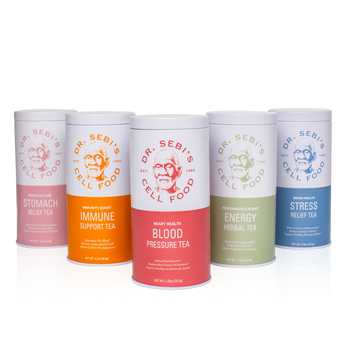 Liquid error (snippets/card-product line 54): invalid url input
Liquid error (snippets/card-product line 54): invalid url input
